
Sign in to your Collider account
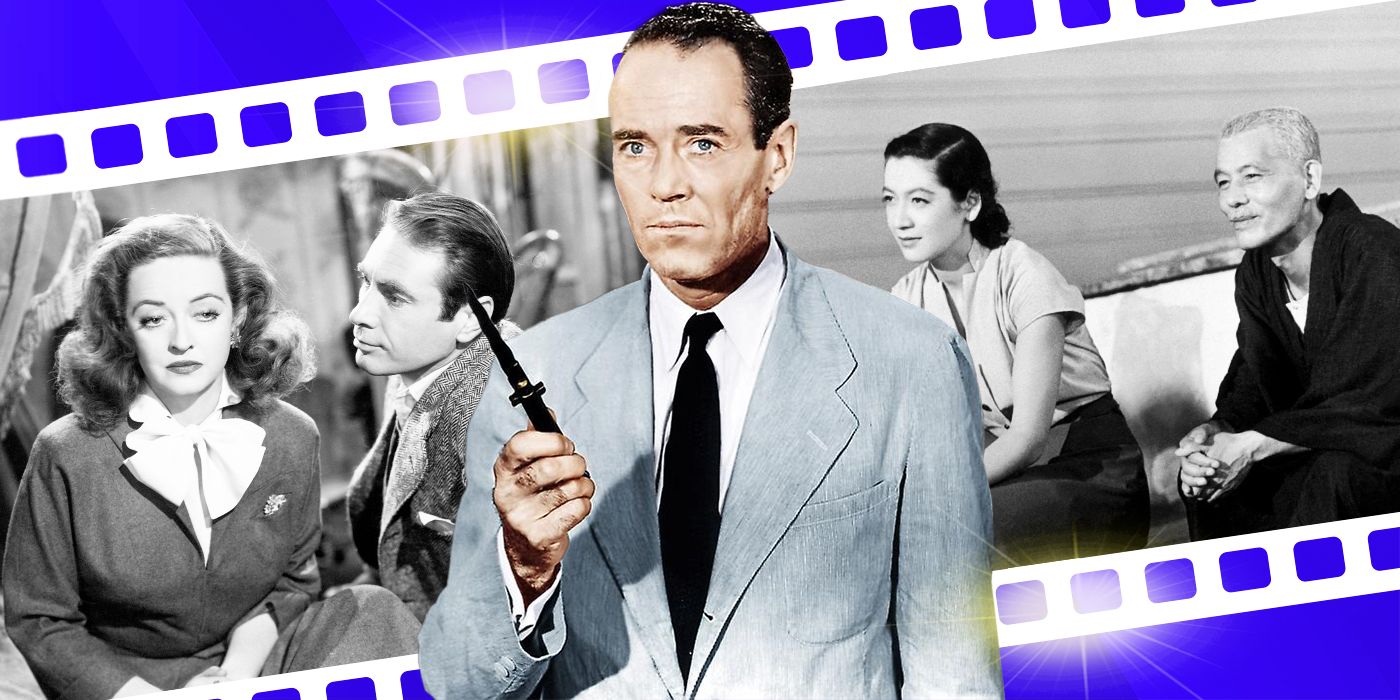 Image by Federico Napoli
Image by Federico Napoli
"Drama" is perhaps the broadest genre when it comes to art, films included. It's a descriptor that gets paired with plenty of other genres, and broadly applies to movies that aim to show the human condition in some way, usually through portraying realistic characters who are challenged by everyday - and often relatable - struggles, often with other people. Character-focused sci-fi or fantasy movies can still be considered dramas, as can comedies, if they have enough serious material (in turn becoming dramedies).
So it's a very broad genre, and that makes ranking some of the greatest dramas in cinema history a difficult task, or even one that could cause some... drama. The following movies are all excellent examples of titles that belong within the category of drama films, even if some also bleed into other genres in certain ways. These greatest drama movies are largely serious and often emotional films, and are ranked below, starting with the great and ending with the greatest.
35 'Mishima: A Life in Four Chapters' (1985)
Directed by Paul Schrader
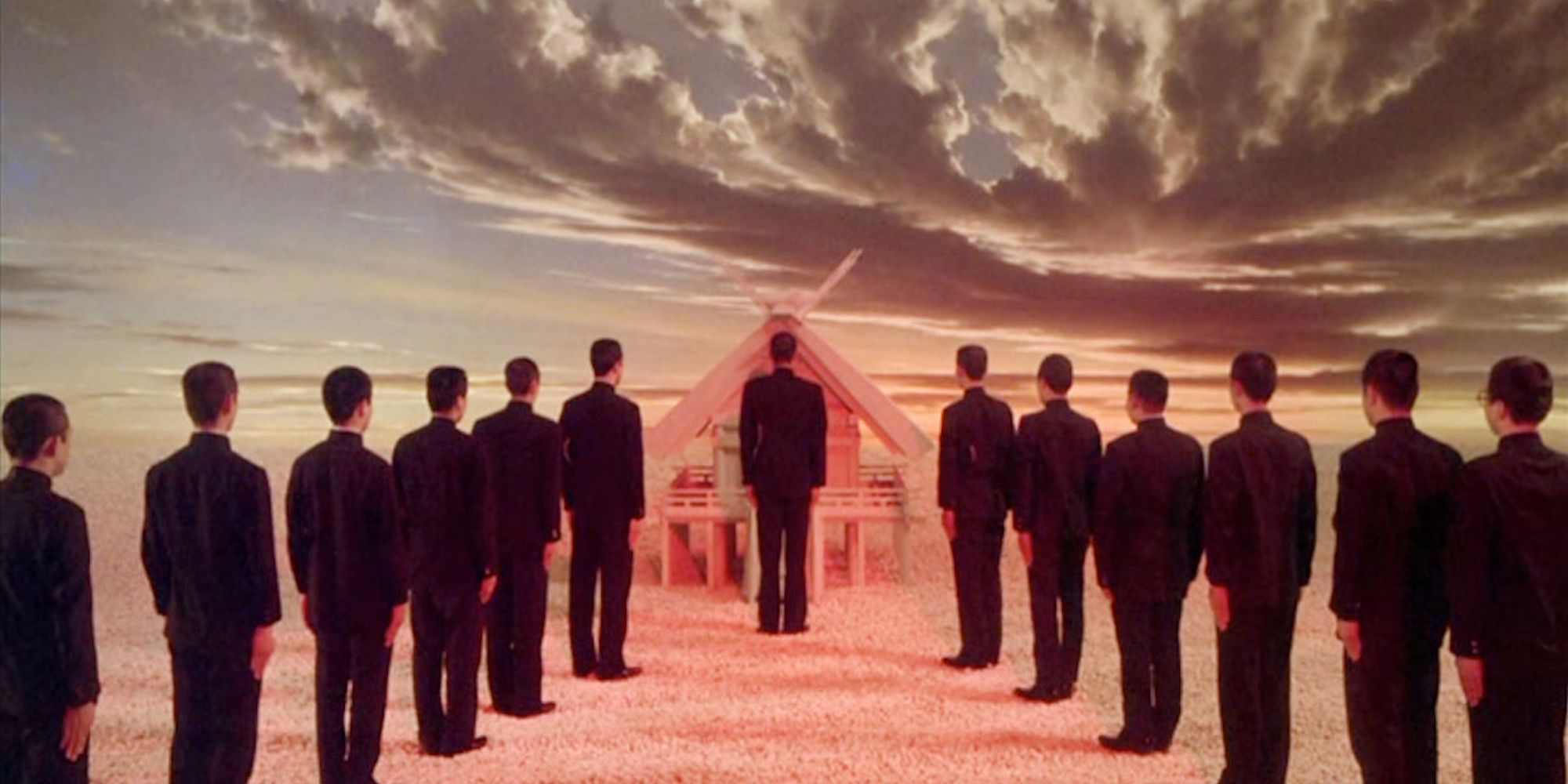 Image via Warner Bros.
Image via Warner Bros. Mishima: A Life in Four Chapters is a Japanese/U.S. co-production, directed by Paul Schrader but with a Japanese cast and Japanese dialogue. It’s an unconventional and oddly absorbing biographical drama, taking an artistic look at the surprising life of Yukio Mishima, who was an outspoken author, actor, and political activist whose life came to a controversial and dramatic end in 1970; an event the film continually (and ominously) builds toward throughout.
With exceptional acting and a booming/haunting score by Philip Glass, Mishima: A Life in Four Chapters ends up being mesmerizing as a drama. Indeed, it qualifies more as a drama than a straightforward biopic, due to certain liberties being taken historically and also because the presentation feels so dreamlike and unreal in places. It’s an undoubtedly complex and hard-to-forget viewing experience, in any event.
Mishima: A Life in Four Chapters
Release Date September 20, 1985
Director Paul Schrader
Cast Ken Ogata , Masayuki Shionoya
Runtime 120 minutes
34 'Whiplash' (2014)
Directed by Damien Chazelle
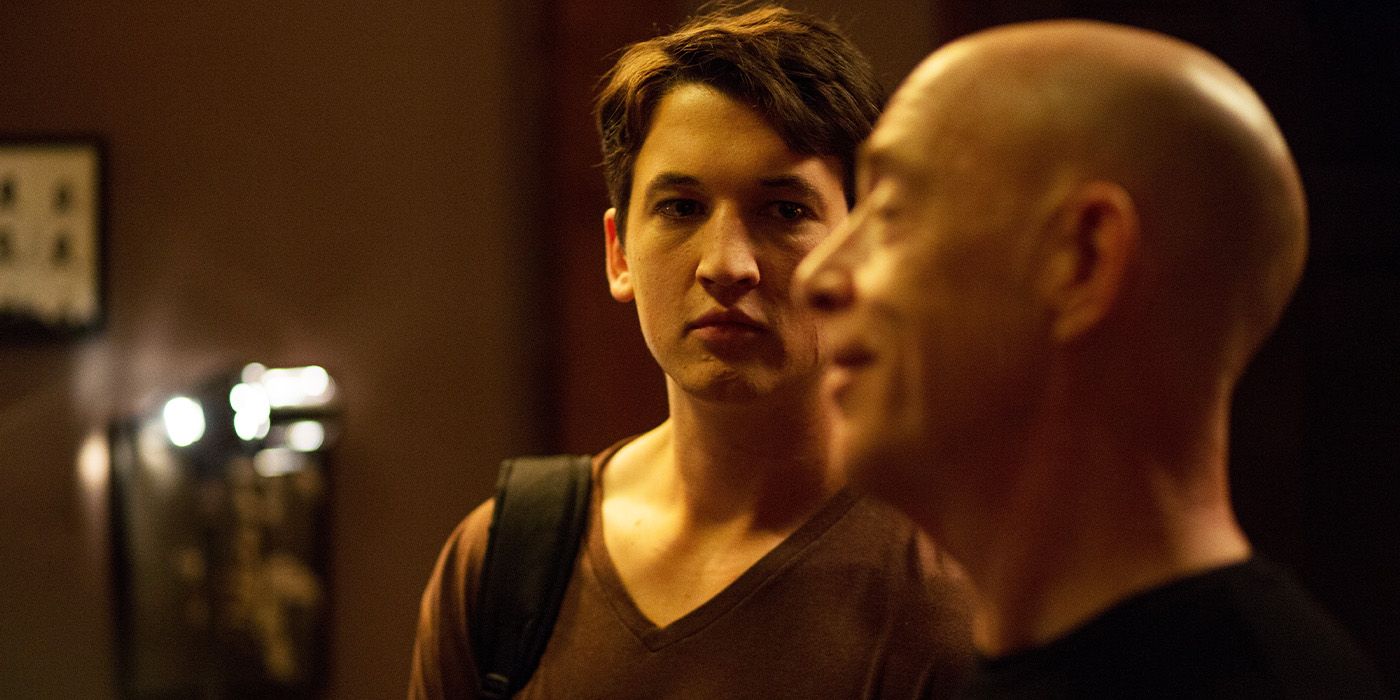 Image via Sony
Image via Sony Damien Chazelle has made several compelling feature films throughout his directorial career so far, but there’s an argument to be made that Whiplash remains his best. This is a psychological drama that revolves around the pursuit of perfection, following an aspiring young drummer as he sacrifices various things in his life, all for the goal of one day – and somehow – becoming the best at what he does.
It's far from inspirational stuff, though, as his instructor is ruthless to both the central character and all the other musicians around him, leading to suspense and/or terror whenever said instructor is on-screen. It’s simple on paper, but the execution of Whiplash is what really makes it soar, as everything comes together in a way that makes the movie one of the very best of its decade.
Whiplash
Release Date October 10, 2014
Director Damien Chazelle
Runtime 107 Minutes
33 'The Red Shoes' (1948)
Directed by Michael Powell and Emeric Pressburger
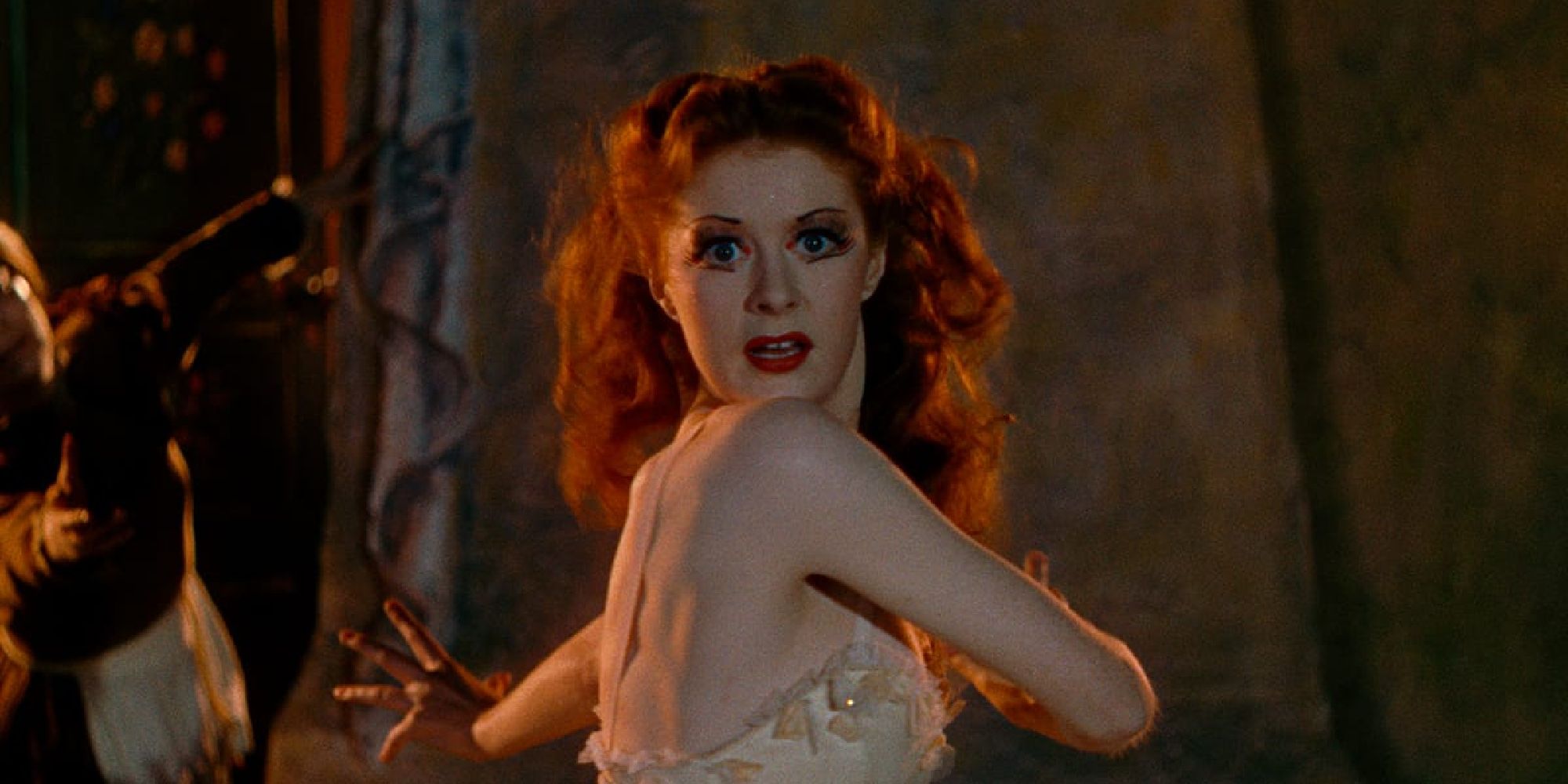 Image via General Film Distributors
Image via General Film Distributors Though there’s quite a lot of dancing to be found in The Red Shoes, it’s hard to call it a musical in the traditional sense. There’s at least one extended sequence where it feels like a musical, but most of it’s more definable as a drama, with the central conflict not being dissimilar to Whiplash’s. At the center of The Red Shoes, after all, is someone with a creative passion who has to contend with the idea that pursuing her craft will mean personal sacrifices.
The Red Shoes is about ballet dancing, though, rather than drumming, but it still manages to be emotionally intense and surprisingly gripping overall for a film of its age. It’s up there as one of the best-looking movies of all time, too, and the fact that it has a compelling and moving story that it tells while also being visually gorgeous is just (Red) icing on the cake, really.
The Red Shoes
Release Date September 20, 1948
Director Michael Powell , Emeric Pressburger
Cast Anton Walbrook , Marius Goring , Moira Shearer , Robert Helpmann
Runtime 135 minutes
32 'Nights of Cabiria' (1957)
Directed by Federico Fellini
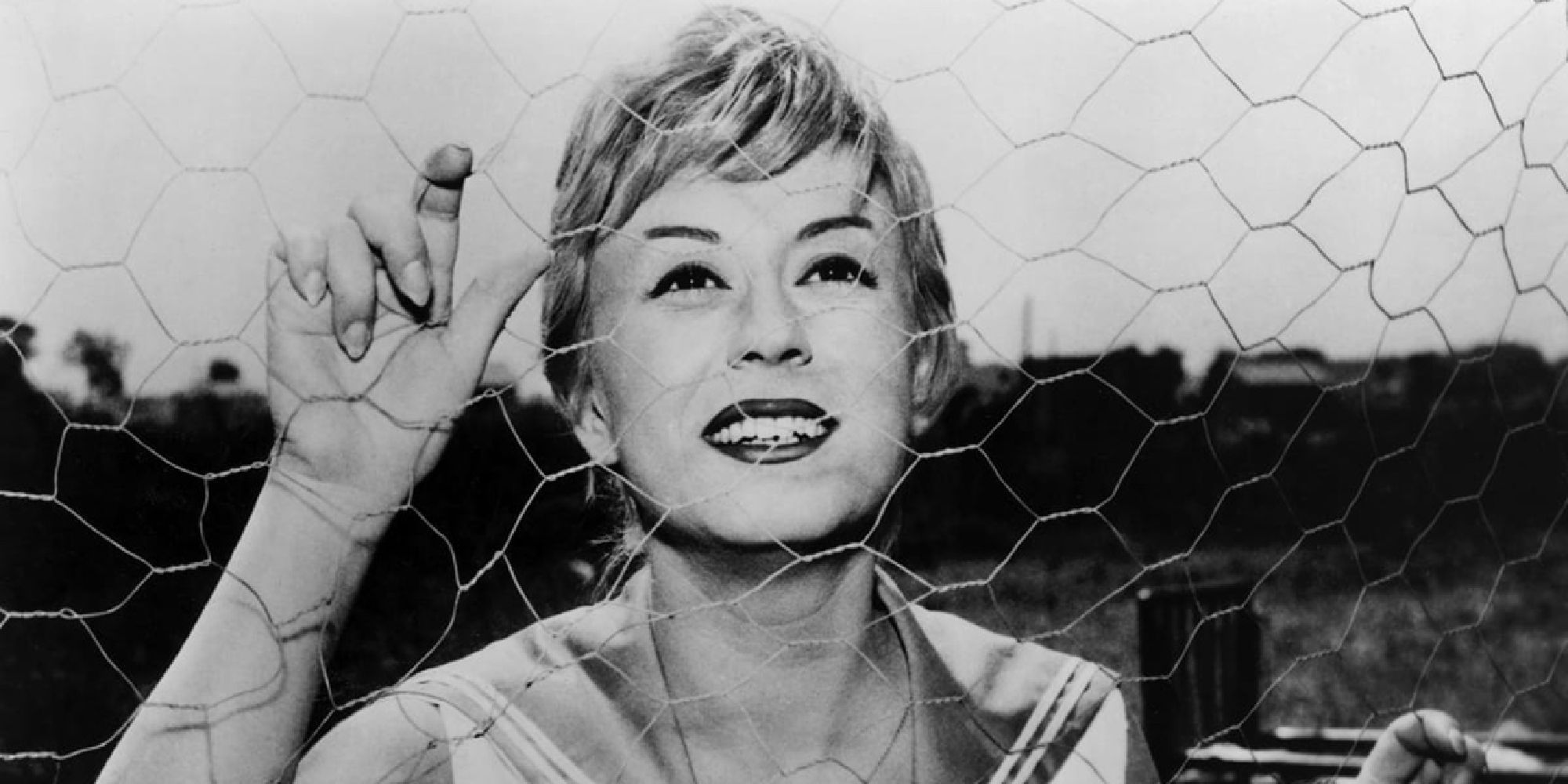 Image via Paramount Pictures
Image via Paramount Pictures It’s pretty common to find great acting in the films of Federico Fellini, and Nights of Cabiria is no exception. This is one of the more serious movies the director ever made, with Fellini casting his wife and frequent collaborator, Giulietta Masina, in the role of a downtrodden woman trying to make it on the harsh streets of Rome during the late 1950s.
There’s a simplicity to the premise of Nights of Cabiria, sure, but a complexity when it comes to the ideas explored and the emotions covered. It must’ve felt very stark and even confronting back in 1957, because the drama at the heart of this character-driven story still rings true and proves affecting even when watched today, close to 70 years on from when the movie was first released.
31 'A Woman Under the Influence' (1974)
Directed by John Cassavetes
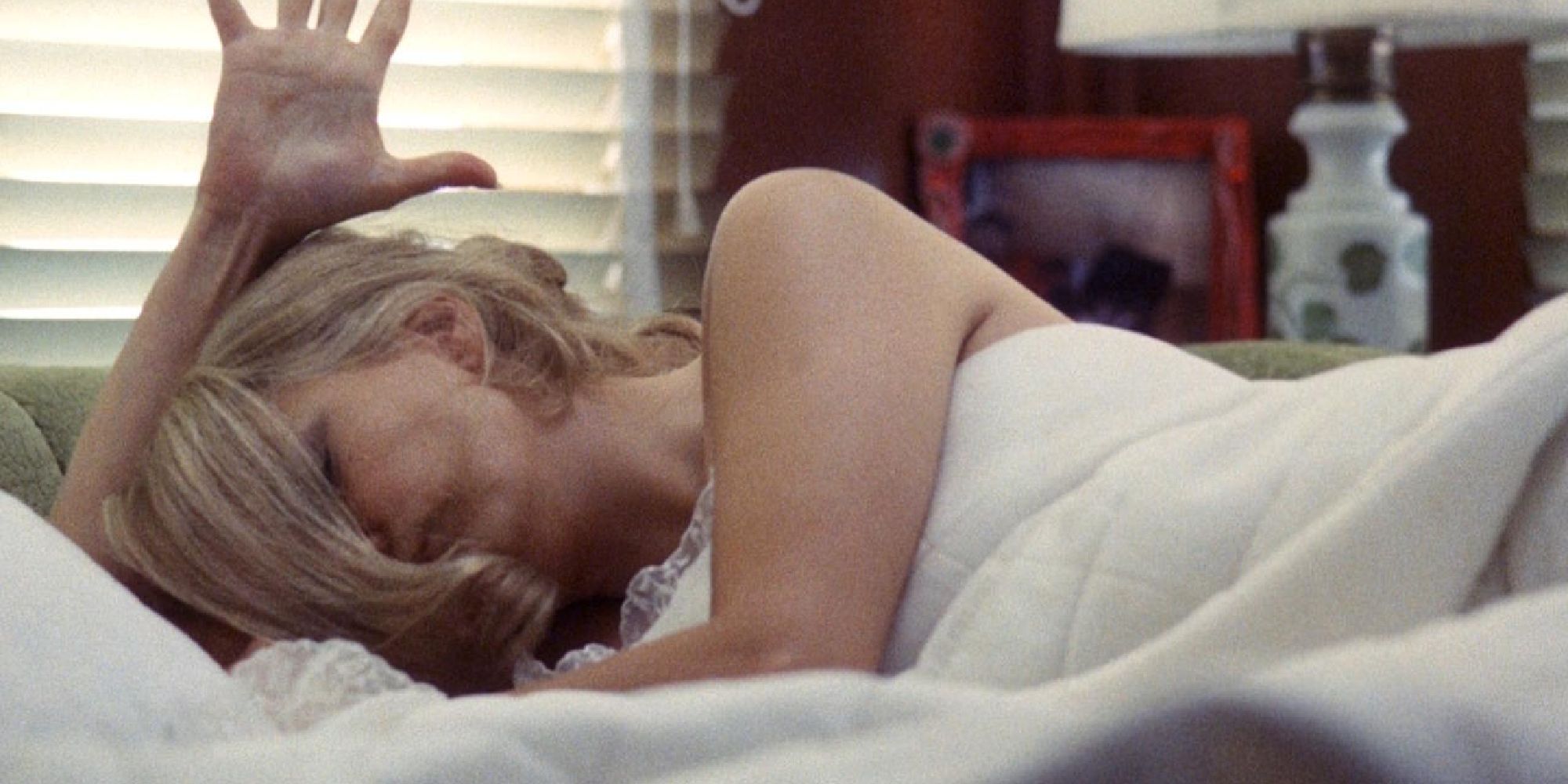 Image via Faces Distribution
Image via Faces Distribution For better or worse, A Woman Under the Influenceis pure John Cassavetes, with the filmmaker’s unconventional and uncompromising approach to cinema being on full display throughout a lengthy 2.5-hour-long runtime. It might be long, but A Woman Under the Influence is not an epic, instead being mostly focused on one woman and her struggles with life, battling personal demons while raising a family.
Like with Fellini and Masina, Cassavetes and his wife, Gena Rowlands, often worked together, and the latter’s performance in A Woman Under the Influence is absolutely one of her best. It’s an overall grim watch, and is particularly heavy on drama, even by the standards of the drama genre… but those who feel ready for something emotionally intense – and have the time to spare – ought to check it out, because the film is an eventually rewarding one.
A Woman Under The Influence
Release Date November 18, 1974
Director John Cassavetes
Cast Gena Rowlands , Peter Falk
Runtime 155 minutes
Main Genre Drama
30 'Wild Strawberries' (1957)
Directed by Ingmar Bergman
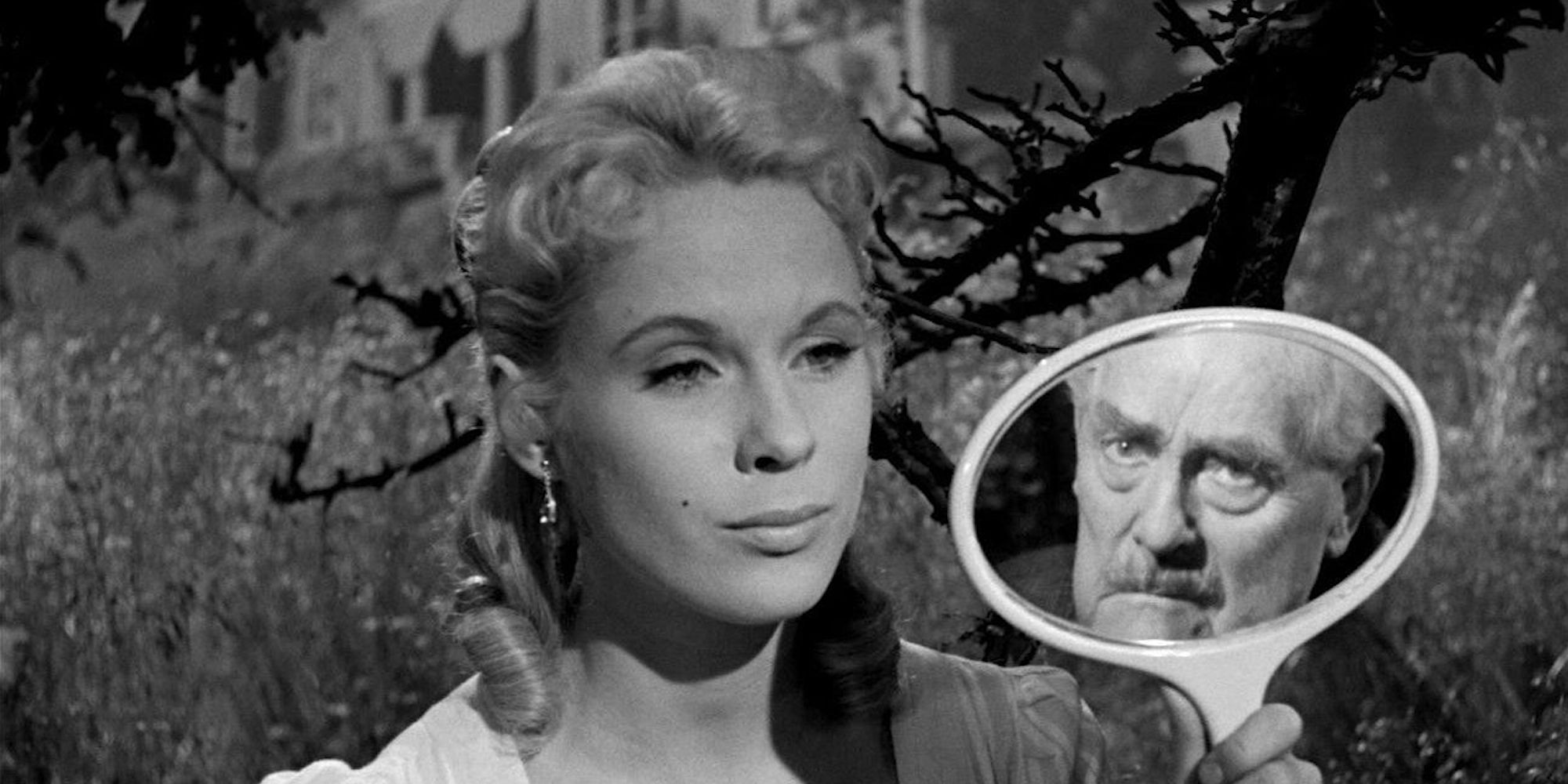 Image via Svensk Filmindustri
Image via Svensk Filmindustri Ingmar Bergman has a reputation (somewhat deservedly) for making some of the grimmest and hardest-hitting movies of all time. Though he was capable of working outside the drama genre, the vast majority of his output does explore the complications that come with being human, often making his filmography feel like a far from happy one.
But Bergman's body of work is filled with powerful films, and Wild Strawberries – released the same year as his iconic The Seventh Seal – is one such powerful film. It follows a retired doctor as he looks back upon his past, with this simple premise being used to explore nostalgia, regret, and the struggles of growing old. Like many hard-hitting drama films, Wild Strawberries is not always fun to watch, but it leaves a strong impression.
Wild Strawberries
Release Date December 26, 1957
Director Ingmar Bergman
Cast Victor Sjöström , Bibi Andersson , Ingrid Thulin , Gunnar Björnstrand , Jullan Kindahl , Folke Sundquist , Björn Bjelfvenstam , Naima Wifstrand
Runtime 91 Minutes
29 'Yi Yi' (2000)
Directed by Edward Yang
One of the best movies of the year 2000, Yi Yi is a film that might not sound exciting on the surface, but proves to be surprisingly enthralling. It follows a Taiwanese family through a turbulent period in the lives of many of its members, touching upon love, loss, birth, death, and various other very broad themes.
Insofar as capturing a feeling of reality on screen, few dramas prove as effective as Yi Yi. That it can also combine naturalistic performances and dialogue with beautiful visuals (that do admittedly prove more striking than what most people probably see in real life) ultimately makes Yi Yi even more of a classic.
28 'The Best Years of Our Lives' (1946)
Directed by William Wyler
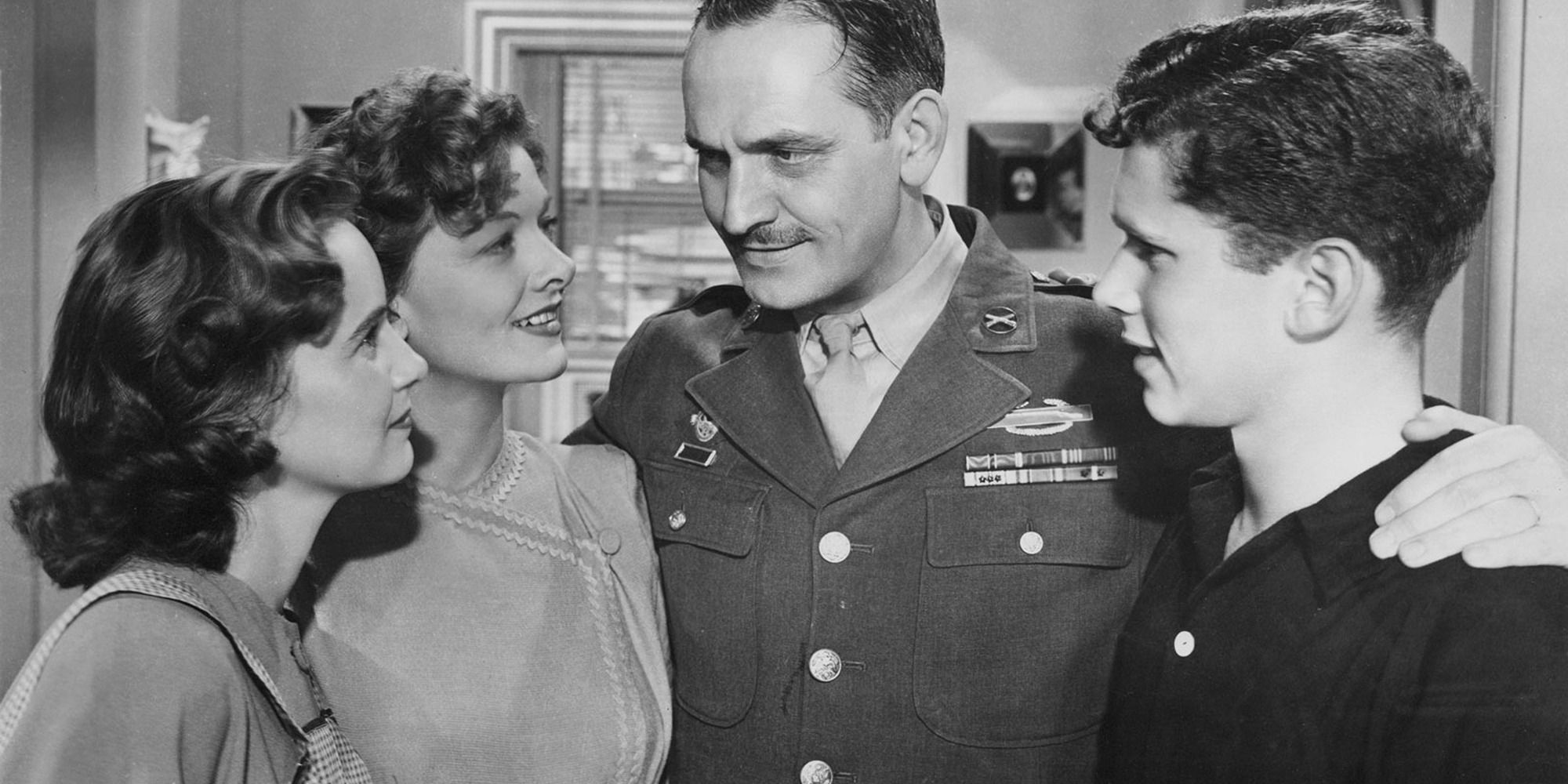 Image via Warner Bros. Discovery
Image via Warner Bros. Discovery The Best Years of Our Lives is a nearly three-hour drama about several American soldiers who return home after fighting in World War II, and try to get back into the swing of their pre-war lives. It could technically be called a war film, considering how the then recently concluded global conflict of WW2 is what gets the story going, but as a result, it's certainly not the kind of war film that deals with combat or action sequences.
In depicting life almost 80 years ago, it's naturally not going to have quite the same resonance today as it must've had for audiences back then who themselves were still adjusting to post-WW2 life. But as a therapeutic (on a national level) and empathetic film that many living during the 1940s likely needed, The Best Years of Our Lives can still be very much appreciated and admired when watched in modern times.
The Best Years of Our Lives
Release Date May 29, 1947
Director William Wyler
Cast Myrna Loy , Dana Andrews , Fredric March , Virginia Mayo
Runtime 170 minutes
27 'The Father' (2020)
Directed by Florian Zeller
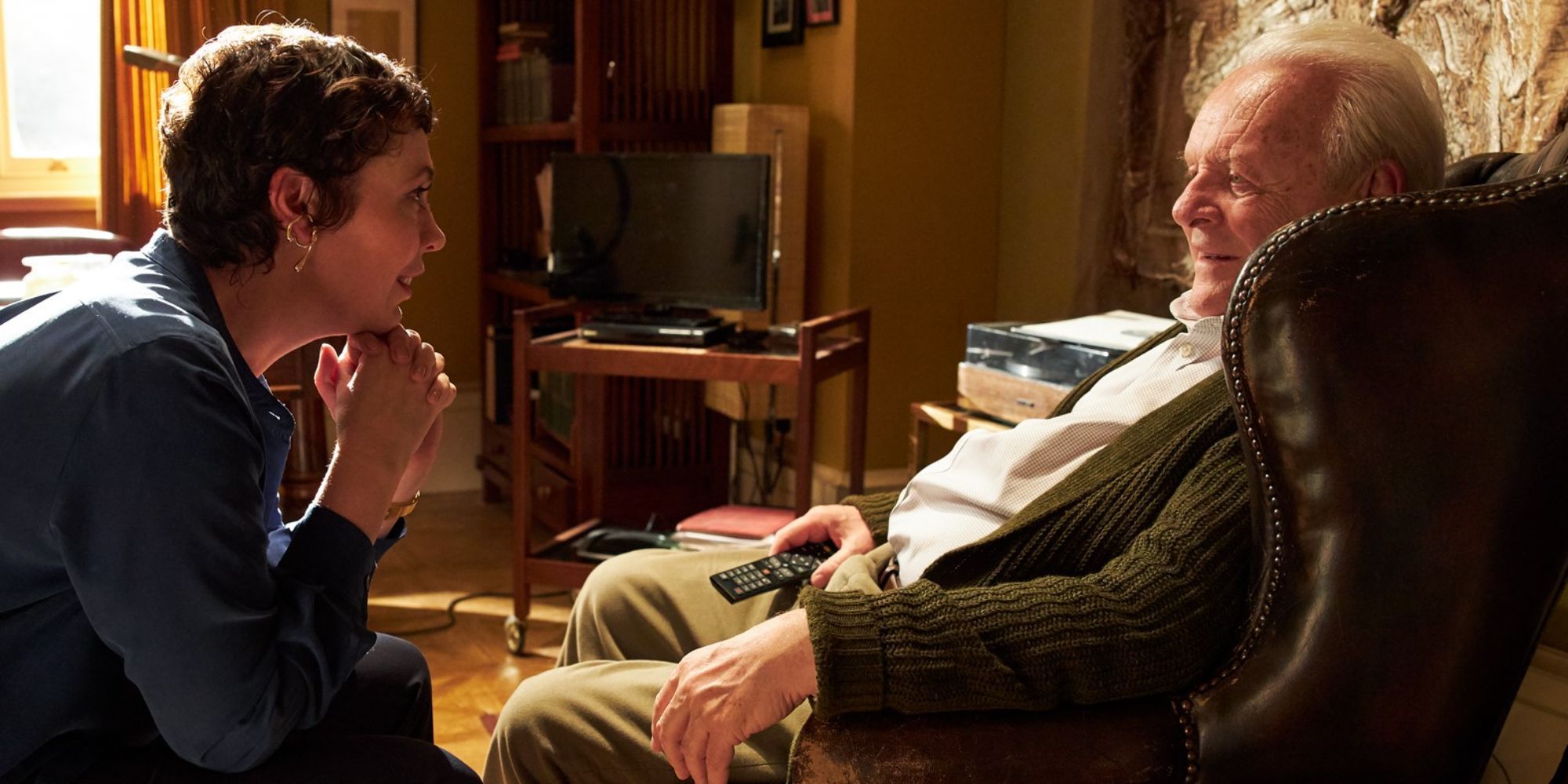 Image via Embankment Films
Image via Embankment Films While it's not the first movie to explore the difficulties of living with dementia, few others have done so quite as powerfully as The Father. It very quickly establishes itself as an intensely psychological drama, putting viewers in the mind of its main character and showing the ways he's frequently disorientated, confused, and untrusting of people he doesn't always recognize.
The Father can be an incredibly difficult movie, because while viewers understand why the presentation is all so confounding and uncertain, the emotional impact isn't dulled; it's as close as one can get to suffering from the condition without actually having it. Anthony Hopkins understandably won a second Oscar for his lead performance here, rising to the challenge of playing the lead character in what itself is a very challenging (yet important) film.
Release Date February 26, 2021
Director Florian Zeller
Runtime 97 minutes
26 'The 400 Blows' (1959)
Directed by François Truffaut
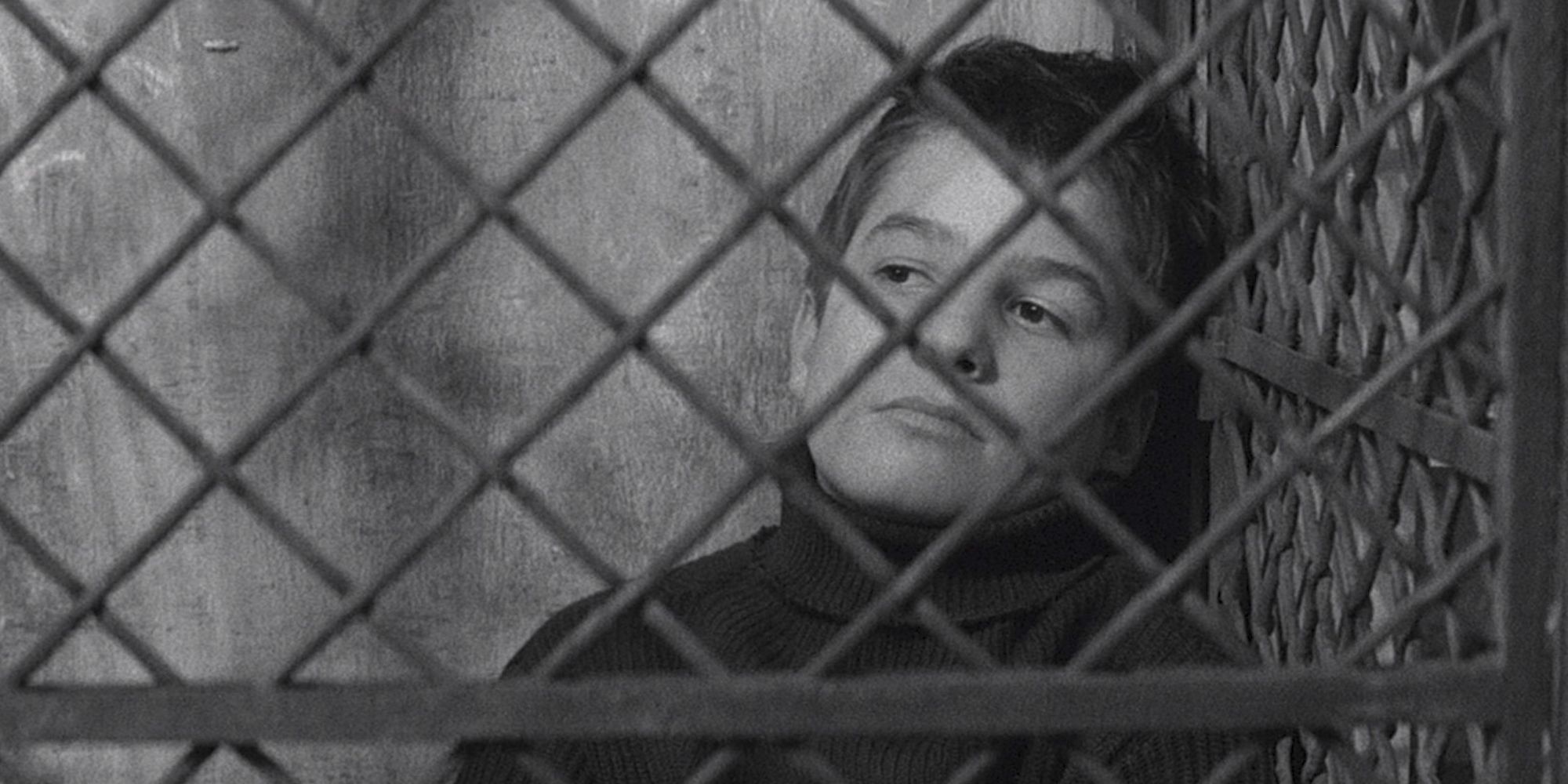 Image via Cocinor
Image via Cocinor A seminal French New Wave classic that also happened to be one of Akira Kurosawa's favorite movies, The 400 Blows is one of the most effective coming-of-age dramas of all time. Its main character is a young boy named Antoine Doinel, with the film being about how he clashes with those around him, and continually finds himself more disillusioned with life and his future.
Films like the aforementioned Wild Strawberries and The Father might suggest older characters have more emotional struggles and "drama" in their lives, but The 400 Blows shows how young people can continually be challenged by life, too. It's a realistic and quite sad movie, telling its relatively simple story well and retaining its power 60+ years on from release.
The 400 Blows
Release Date May 4, 1959
Cast Jean-Pierre Léaud , Albert Remy , Claire Maurier
Runtime 1 hr 39 min
25 'Sunrise: A Song of Two Humans' (1927)
Directed by F. W. Murnau
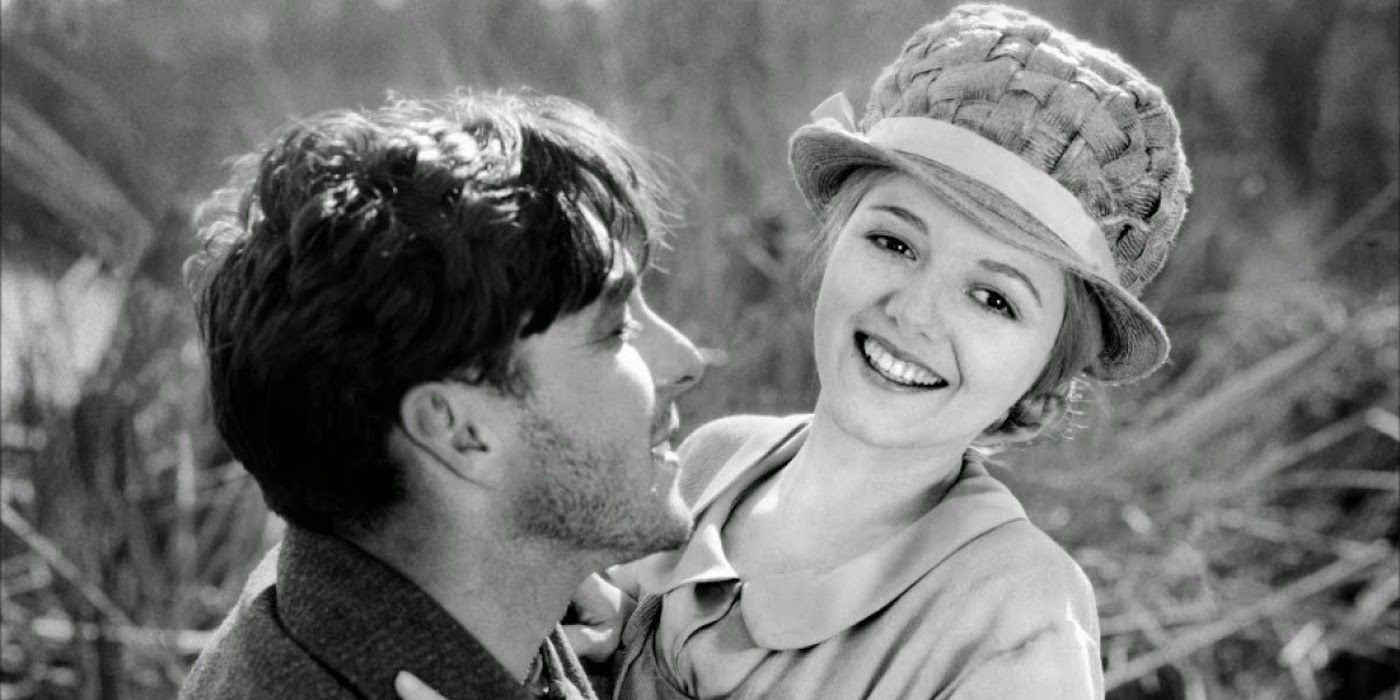 Image via Fox Film Corporation
Image via Fox Film Corporation Frequently considered to be one of the greatest silent movies of all time, Sunrise: A Song of Two Humans is an essential watch for anyone who can still enjoy a movie without dialogue. It follows a married man falling for another woman, and the complications that arise from him no longer feeling that way about his wife.
It's very much a melodrama, but an example of how when done correctly, larger-than-life emotions displayed on-screen can still feel impactful or even surprisingly relatable. Sunrise: A Song of Two Humans is a perfect example of how to tell a story almost purely through visuals, and rightly stands as a defining film of the silent era (which itself was in its final stages, given the advent of talkies in the late 1920s).
Release Date November 4, 1927
Director F.W. Murnau
Cast George O’Brien , Janet Gaynor , Margaret Livingston , Bodil Rosing , J. Farrell MacDonald , Ralph Sipperly , Jane Winton , Arthur Housman , Eddie Boland , Herman Bing , Sidney Bracey , Gino Corrado
Runtime 94 Minutes
24 'Scenes from a Marriage' (1974)
Directed by Ingmar Bergman
Though most of his best-known films came out in the 1950s and 60s, a film like Scenes from a Marriage showed that Ingmar Bergman still had what it took to be considered one of the greats later in his career. It runs for almost three hours (in its theatrical cut; a miniseries version is closer to five hours), and depicts the slow deterioration of a marriage.
Later classics like Kramer vs. Kramer and Marriage Story would tackle a similar premise, but Scenes from a Marriage beat those two to the punch, and arguably did it better. Scenes from a Marriage is a film that can feel mundane and often repetitive, yet it's remarkably captivating for the entirety of its lengthy runtime, and features two all-time great performances from its leads, Liv Ullmann and Erland Josephson.
23 'The Passion of Joan of Arc' (1928)
Directed by Carl Theodor Dreyer
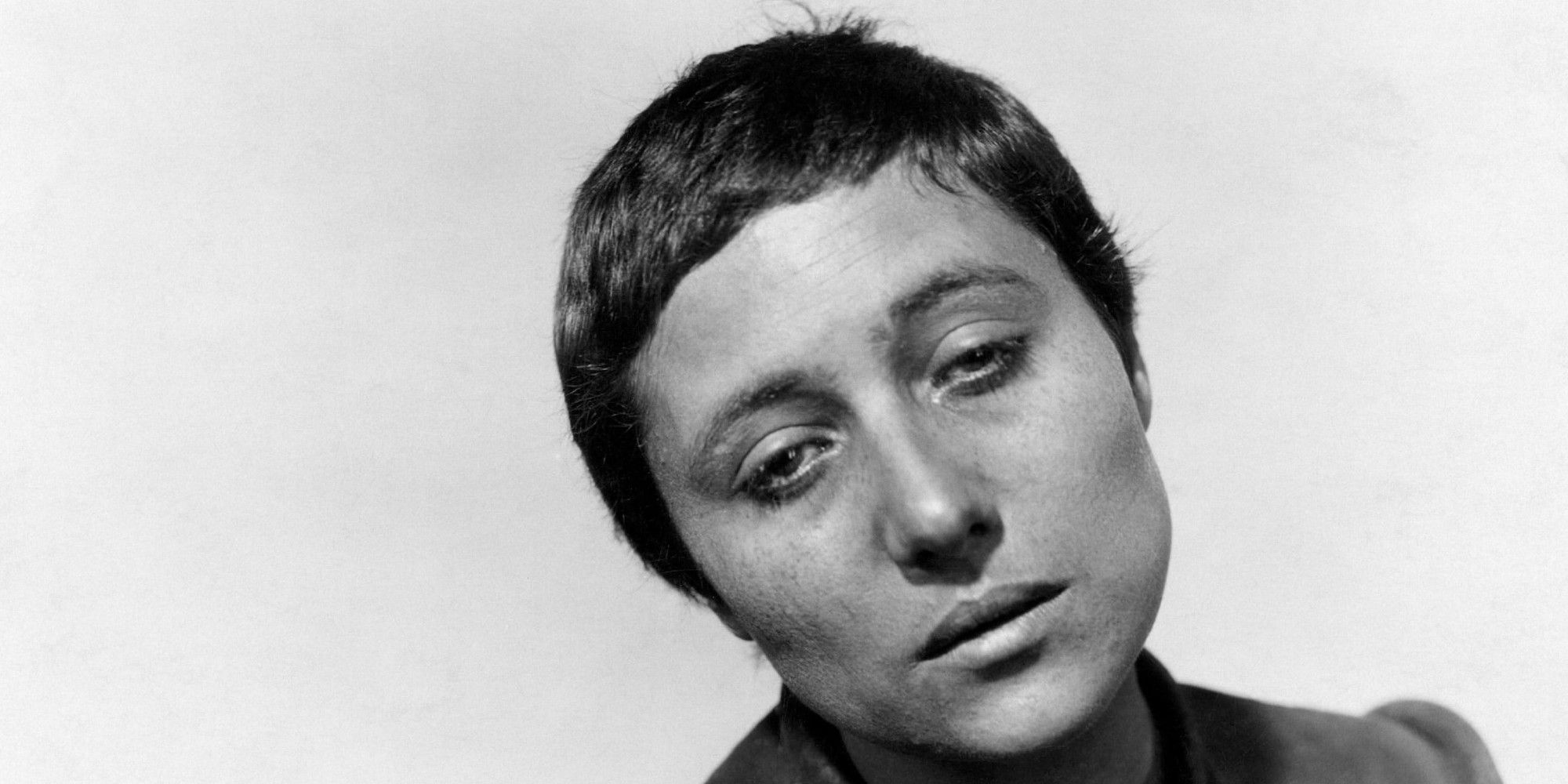 Image via Gaumont
Image via Gaumont A historical drama about the famed Jeanne d’Arc, 1928's The Passion of Joan of Arc follows the trial that would eventually see her put to death on charges of heresy. It explores how she grappled with the final stage of her life, and how her infamous burning at the stake inevitably made her a martyr.
The Passion of Joan of Arc is a brutally realistic movie by the standards of the 1920s, though it stays grounded while also presenting its story in a very dramatic, visually bold manner. The results are undeniably striking, and the filmmaking craft on display for such an old movie is impressive. It can be a slow and sad movie, but it's an essential one within the history of cinema.
The Passion Of Joan Of Arc (1928)
Release Date April 21, 1928
Director Carl Theodor Dreyer
Cast Maria Falconetti , Eugène Silvain , André Berley , Maurice Schutz , Antonin Artaud , Michel Simon , Jean d'Yd , Louis Ravet , Armand Lurville , Jacques Arnna , Alexandre Mihalesco , Léon Larive
Runtime 82 Minutes
22 'Magnolia' (1999)
Directed by Paul Thomas Anderson
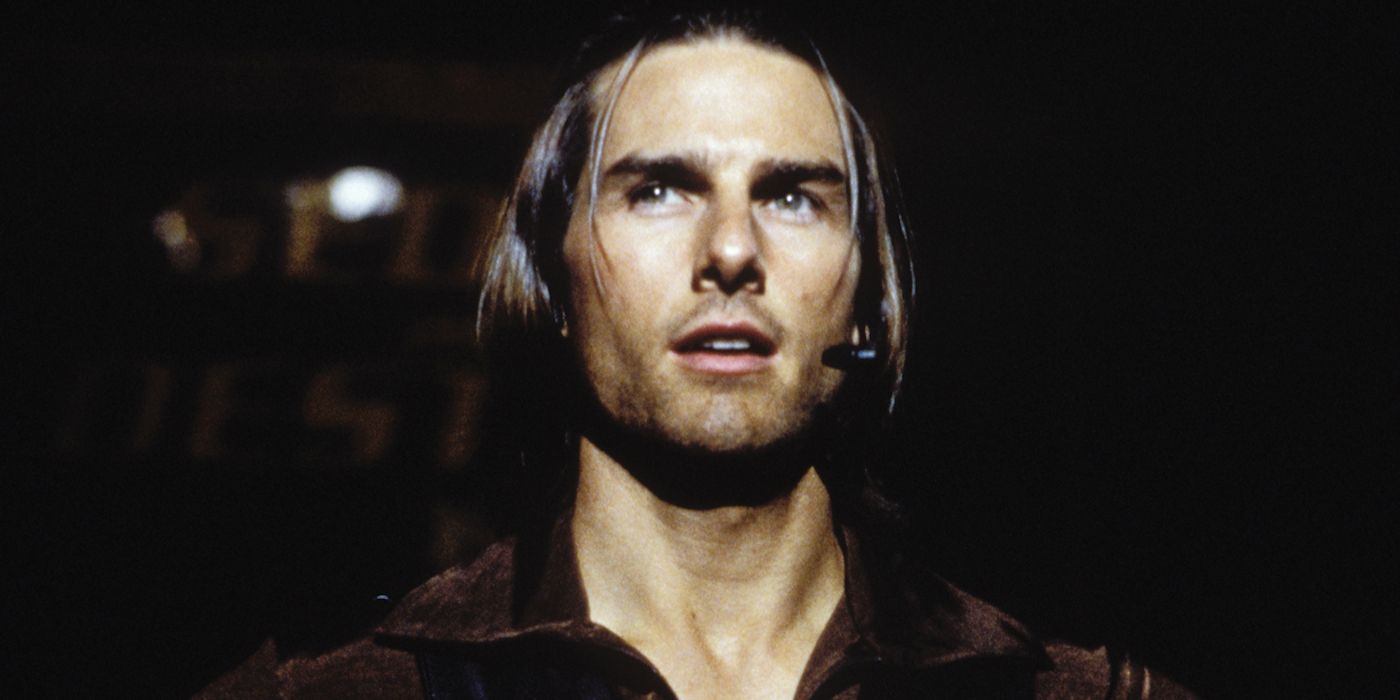 Image via New Line Cinema
Image via New Line Cinema Few movies that exceed three hours are quite as gripping and consistently riveting as Magnolia. It's a film with a huge ensemble cast, and it covers the lives of various characters living in Los Angeles within a short timeframe, many of them shown to be struggling with their family lives and finding their paths occasionally crossing as the film goes on.
It's heightened in its approach to everyday drama, with Paul Thomas Anderson pushing things dangerously close to melodrama before having everything explode in an odd yet affecting twist (of sorts) in the final act. But the emotional impact is extraordinary, the pacing is surprisingly fast, and Magnolia features some career-best performances from a talented cast (Tom Cruise in particular really shows off his range here, and probably should've won Best Supporting Actor at the Oscars, instead of being merely nominated).
Release Date December 10, 1999
Director Paul Thomas Anderson
Runtime 188
Main Genre Drama
21 'Titanic' (1997)
Directed by James Cameron
 Image via Paramount Pictures
Image via Paramount Pictures Titanic is best remembered for being an unabashedly romantic movie, with it only really becoming more of a disaster/drama movie in its second half. Yet the harrowing sequences in the second half are all the more effective because of the romance established in the first, with the film's epic runtime allowing writer/director James Cameron room to give sufficient time to both areas of Titanic.
Whether you want to classify it as a romance movie, a romance/drama movie, or a romance/disaster movie, one thing's undeniable: Titanic is great, and deserved its immense commercial and critical success. You can also call it cheesy, and maybe it is, given how it wears its heart on its sleeve more than just about any other movie out there. But what a heart, and what a sleeve.
Release Date November 19, 1997
Director James Cameron
Runtime 194 minutes
20 'Gone with the Wind' (1939)
Directed by Victor Fleming
.jpg) Image via MGM
Image via MGM Like the aforementioned Titanic, the famed epic Gone with the Wind is more than "just" a drama film. It's also one of the most well-known movies set during the Civil War, and much of it revolves around romance, predominantly the rocky relationship between the young Scarlett O'Hara and the troubled Rhett Butler.
It's a movie that's heralded as a classic, definitive title within the history of American cinema, though it's also one that's proven controversial, as its age and subject matter have ensured parts don't hold up amazingly well today. But older films can be both great and terrible for different reasons, and Gone with the Wind has a legacy that can be hard to ignore, arguably being one of the most famous dramas made during the Golden Age of Hollywood.
Gone With the Wind
Release Date December 15, 1939
Director Victor Fleming , George Cukor , Sam Wood
Cast Thomas Mitchell , Barbara O'Neil , Vivien Leigh , Evelyn Keyes , Ann Rutherford , George Reeves , Hattie McDaniel
Runtime 238 minutes
19 'There Will Be Blood' (2007)
Directed by Paul Thomas Anderson
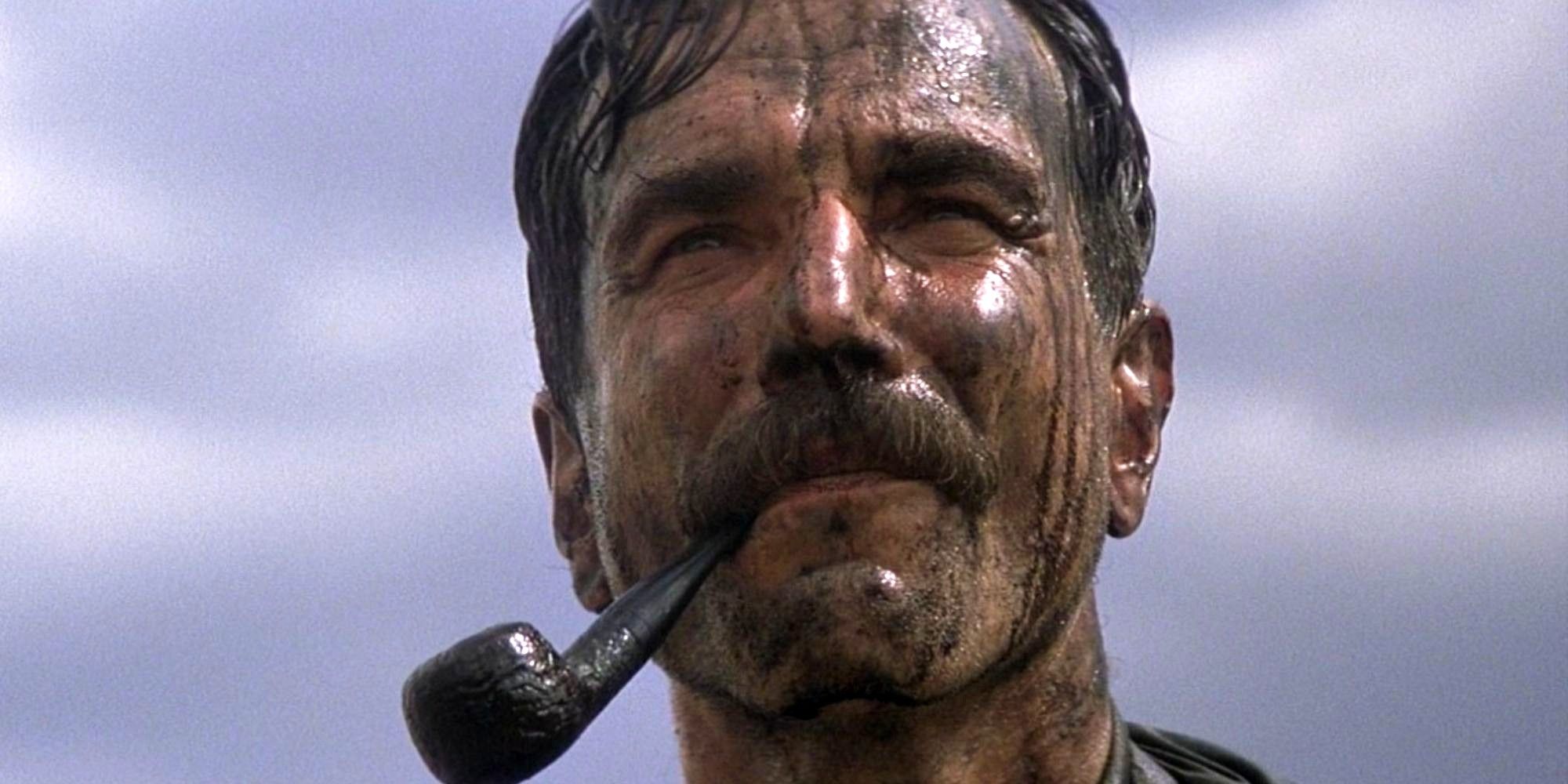 Image via Paramount Vantage
Image via Paramount Vantage Whenever Daniel Day-Lewis goes big and chews scenery, the results are incredible, and few films have given him as much scenery to devour as There Will Be Blood. This is a movie where Day-Lewis screams about milkshake drinking during the climactic scene, and it still manages to be more scary than it is humorous.
As a drama, it's just as effective as Paul Thomas Anderson's 1999 movie Magnolia, though here, he narrows the scope down to focus primarily on one man: Daniel Plainview. The film follows his intense greed and thirst for power no matter the cost, being a slow-burn story about pride and the darker side of the American dream, all leading to one fantastic pay-off by There Will Be Blood's end.
Release Date December 28, 2007
Director Paul Thomas Anderson
Cast daniel day-lewis , Martin Stringer , Matthew Braden Stringer , Jacob Stringer , Joseph Mussey , Barry Del Sherman
Runtime 158 minutes
18 '12 Years a Slave' (2013)
Directed by Steve McQueen
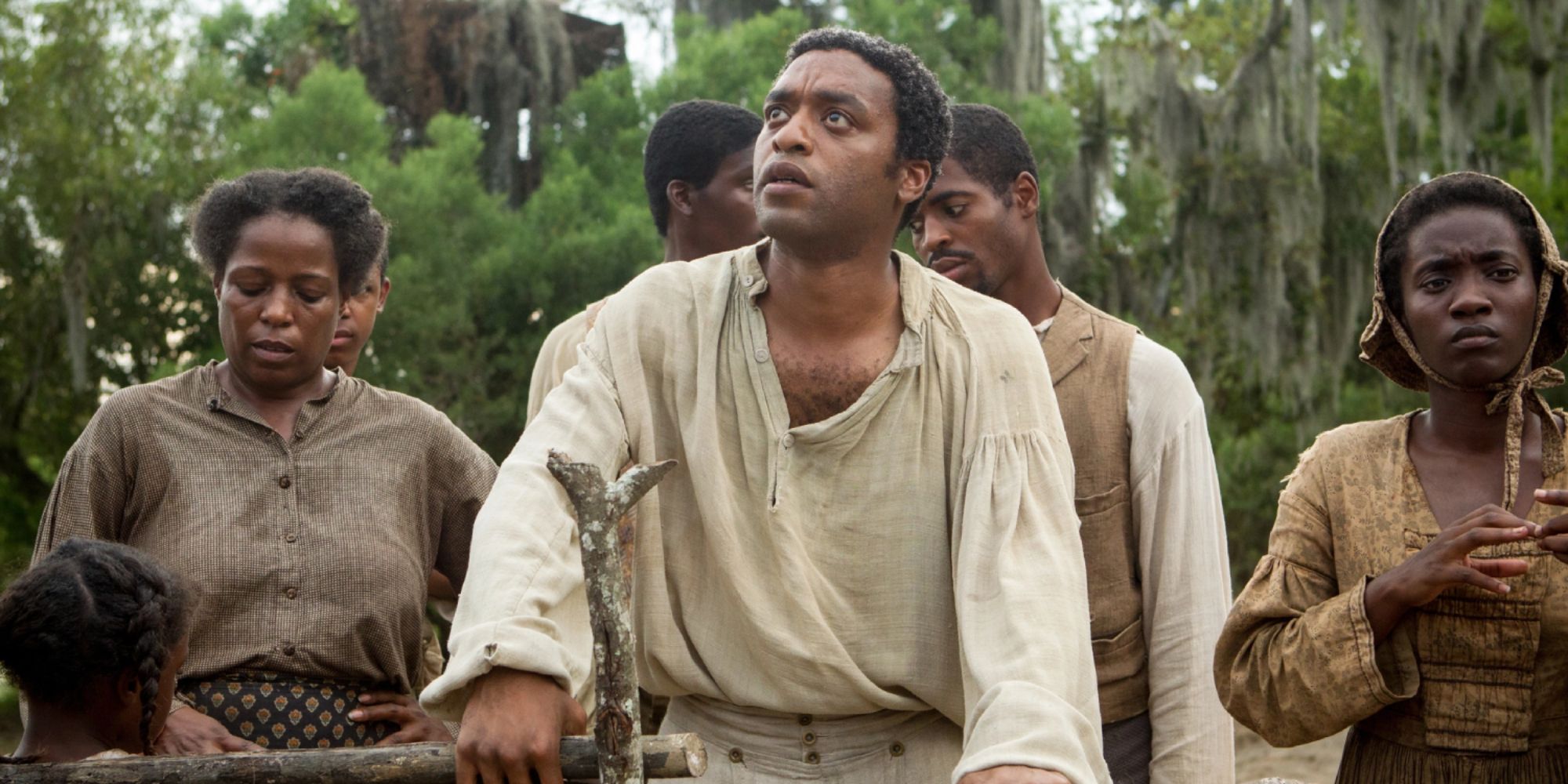
Based on the true story of Solomon Northup, 12 Years a Slave is set before the American Civil War, and follows one man being sold into slavery and forced to survive brutal conditions on a plantation. In depicting a horrifying way of life for many back in the 1800s, 12 Years a Slave is a film that refuses to pull punches, being all the stronger for it.
It's the kind of film that might be hard to ever revisit (feeling difficult enough to even watch once), but that's also what makes it great. It ended up winning three Academy Awards (including Best Picture) after receiving nine nominations, making it among the most acclaimed and essential biographical/historical dramas of its decade.
12 Years a Slave
Release Date October 18, 2013
Director Steve McQueen
Runtime 134 minutes
17 'Ikiru' (1952)
Directed by Akira Kurosawa
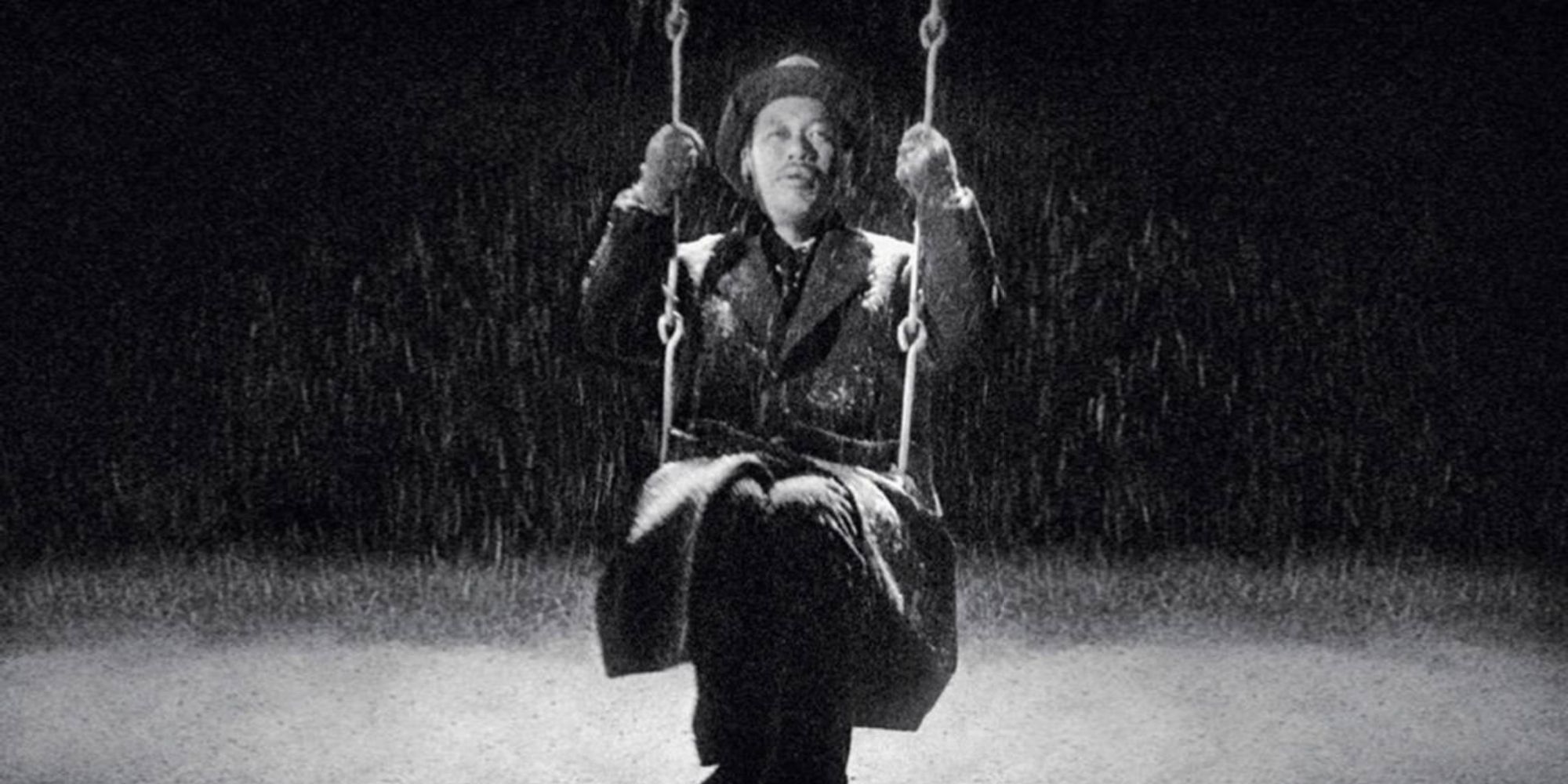 Image via Toho
Image via Toho Ranking as one of Akira Kurosawa's very best films, Ikiru is a stripped-back affair for the filmmaker, who's perhaps best-known for his samurai films (and, to a lesser extent, his crime dramas). This is because Ikiru is essentially just a character drama, but a gripping one, following a bureaucrat implementing dramatic changes to his life after he receives news that he has a terminal illness.
Though its approach is subtle – and its story feels very everyday or even matter-of-fact – the emotional impact of the film (especially by its conclusion) is monumental. Ikiru runs for nearly 2.5 hours but never feels boring, and shows that even when making films without action, thriller, or war elements, Kurosawa could still concoct masterful works of cinema.
Ikiru
Release Date March 25, 1956
Director Akira Kurosawa
Runtime 143 Minutes
Main Genre Drama
16 'Moonlight' (2016)
Directed by Barry Jenkins
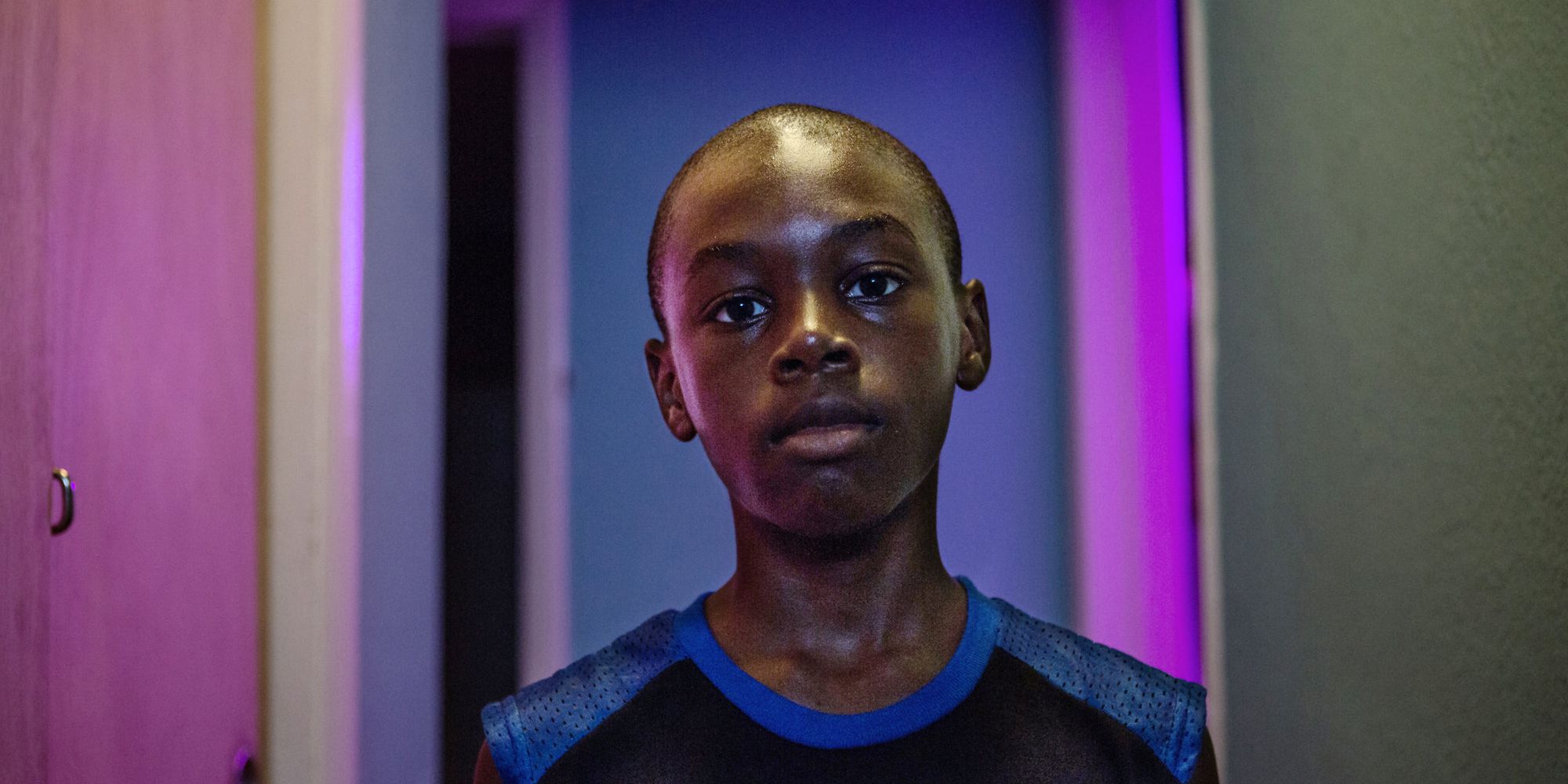 Image via A24
Image via A24 Moonlight is a coming-of-age drama that stands out for telling the story of one person at three distinct stages in his life, one for each act of the film. The focus is on Chiron (who has different nicknames at different stages of his life), with Moonlight showing his life as a boy, then a teenager, and then a young man.
Moonlight aims to show the difficulties of growing up in America as a Black boy, and the additional struggles around identity and fitting in that come with Chiron also coming to terms with being gay. It's deeply empathetic and quietly moving, and though it was a relatively small film, it proved immensely successful, with Moonlight grossing significantly more than its budget and winning Best Picture at the Oscars.
Release Date October 21, 2016
Director Barry Jenkins
Runtime 111 Minutes

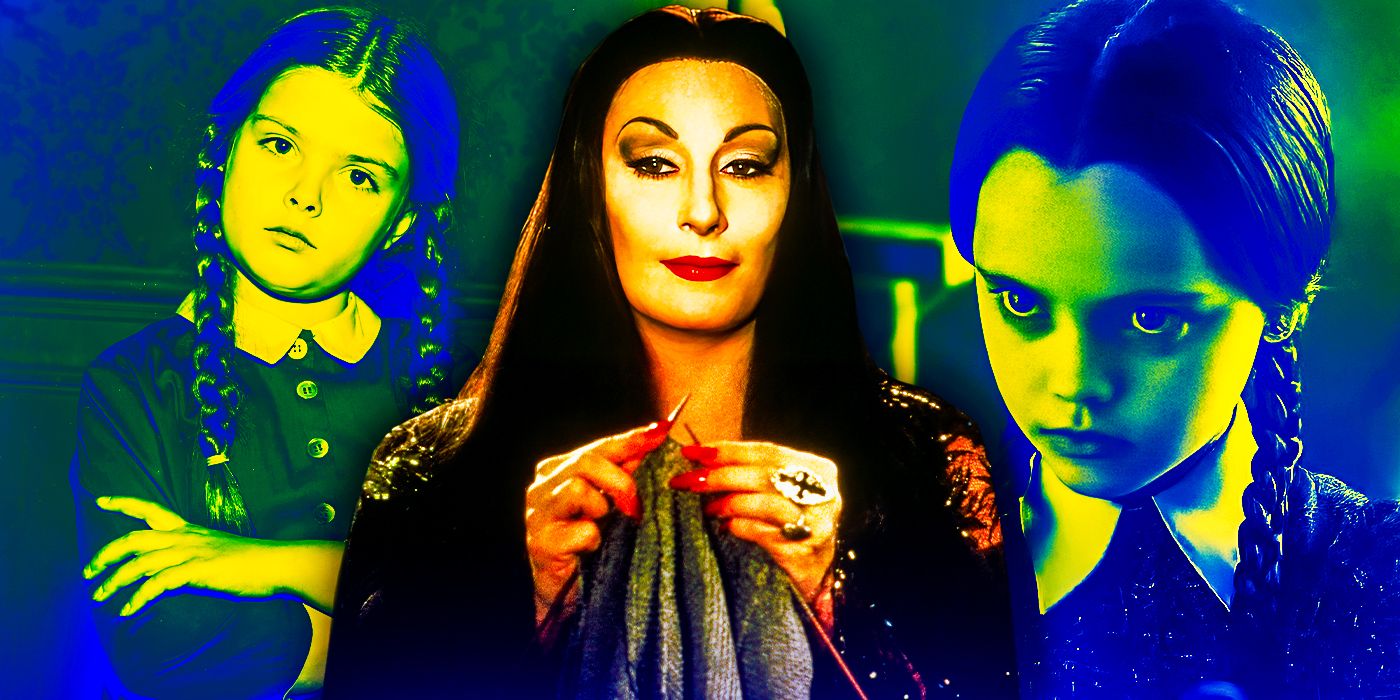
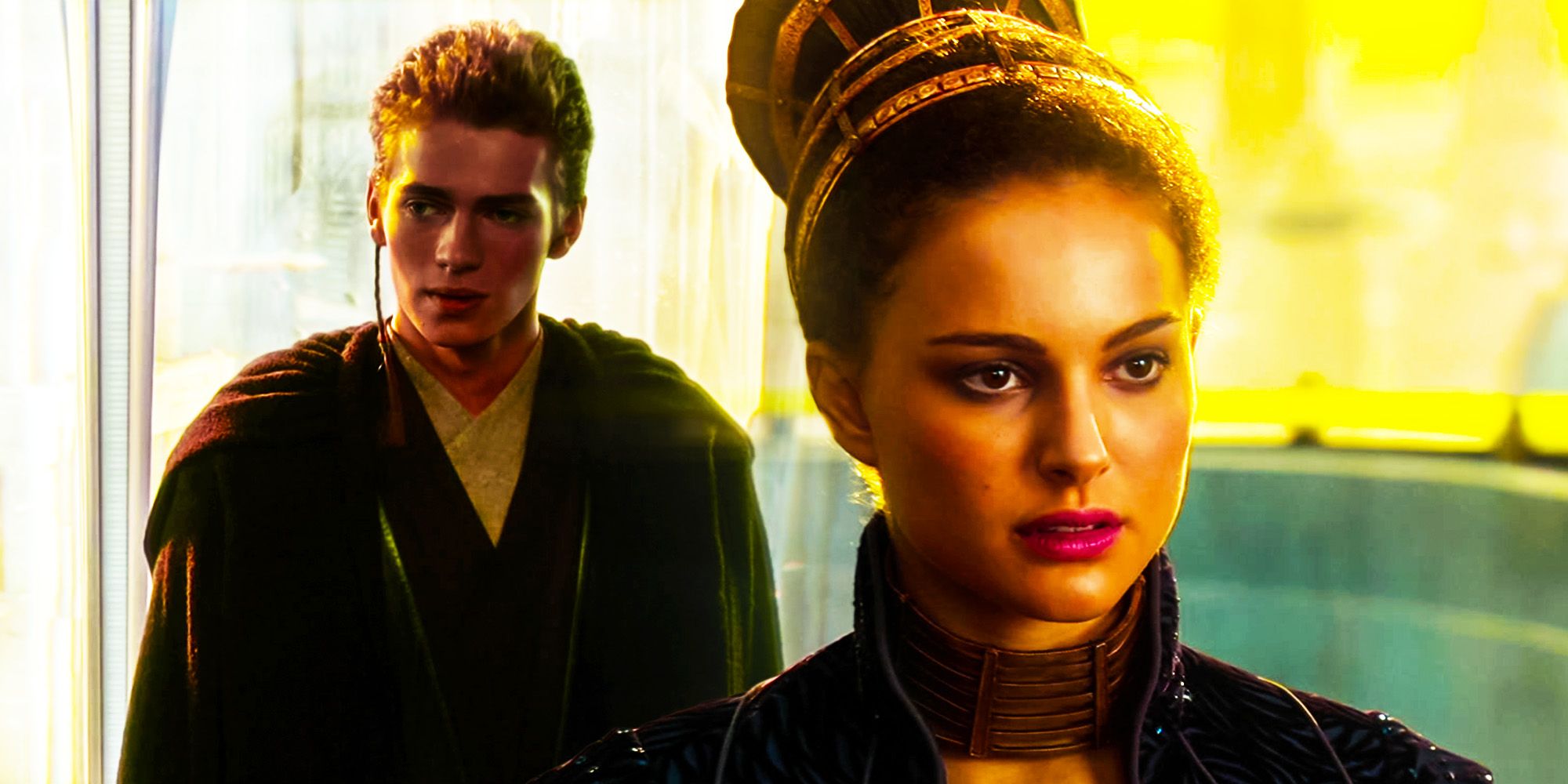
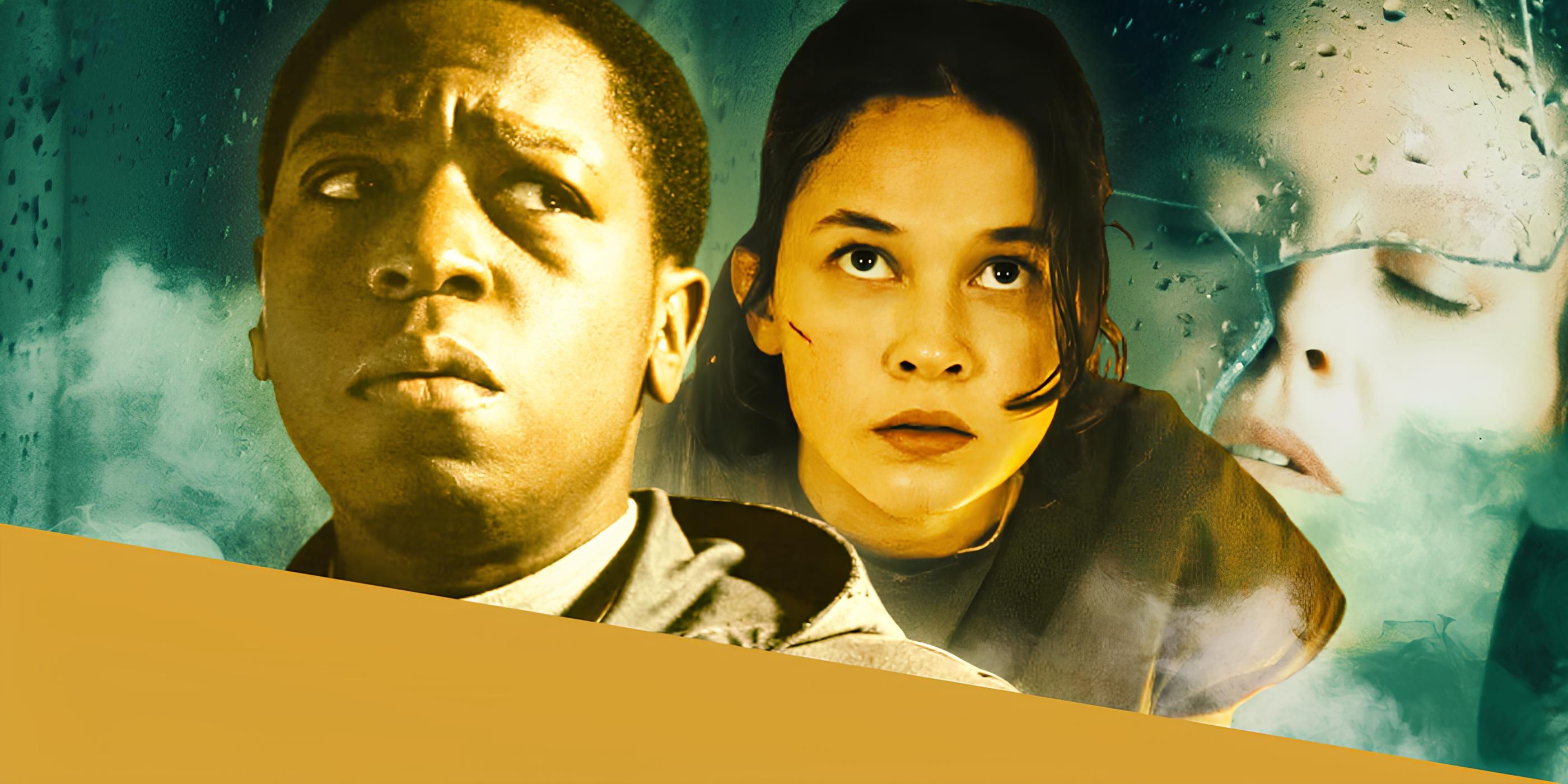
:quality(85):upscale()/2024/10/29/957/n/1922441/c62aba6367215ab0493352.74567072_.jpg)

:quality(85):upscale()/2024/10/29/987/n/49351082/3e0e51c1672164bfe300c1.01385001_.jpg)
:quality(85):upscale()/2024/10/30/711/n/1922441/c62313206722590ade53c4.47456265_.jpg)

 English (US) ·
English (US) ·